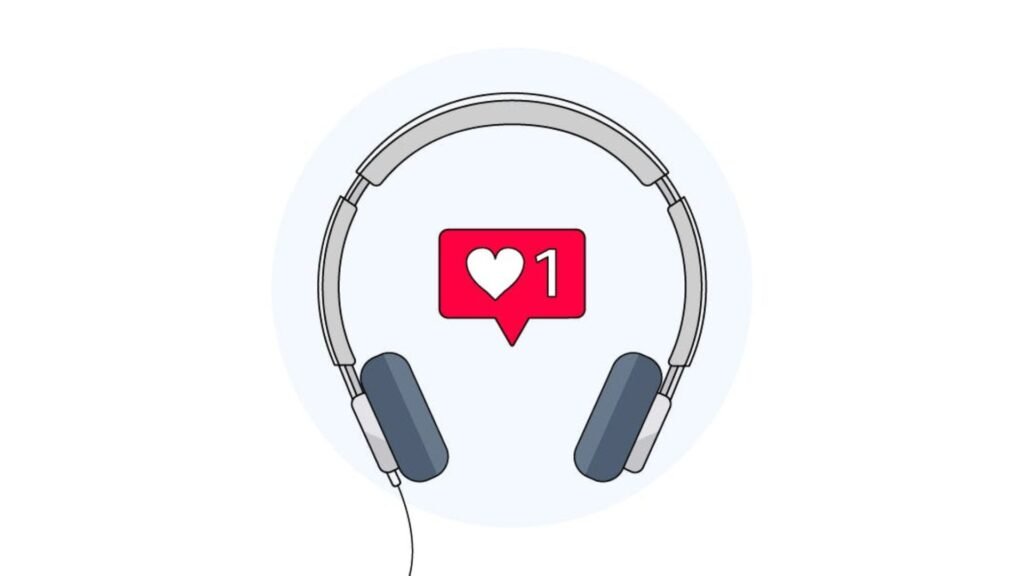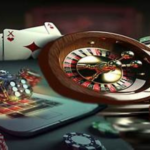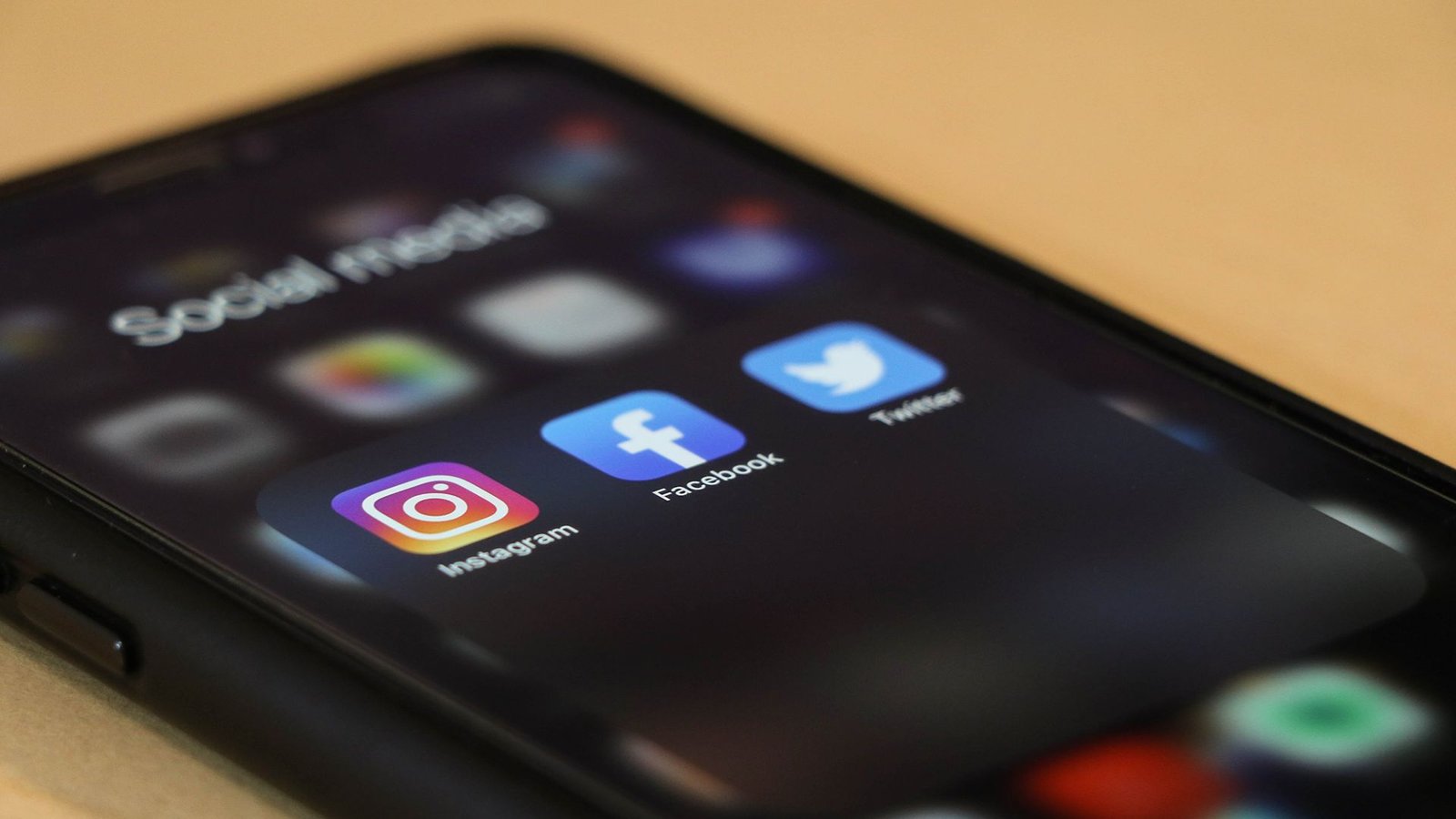Social media has drastically reshaped the music industry in recent years, transforming how artists are discovered and how their music is promoted. Platforms like Instagram, TikTok, and YouTube have become essential tools for musicians to reach their audiences, while also providing listeners with new ways to find music. In this article, we’ll explore the impact of social media on music discovery and promotion and how artists can leverage these platforms to grow their careers.

The Rise of Social Media in the Music Industry
The rise of social media has been a game-changer for the music industry. In the past, artists often relied on record labels, radio stations, and traditional media outlets for exposure. Today, social media platforms have democratized music promotion, allowing independent artists to gain visibility without needing major backing.
Social media enables artists to interact directly with their fans, build communities, and share content on their own terms. Platforms like Instagram and Twitter allow artists to give followers a behind-the-scenes look into their lives, offering a personal connection that strengthens fan loyalty.
The Role of TikTok in Music Discovery
Among social media platforms, TikTok has emerged as one of the most powerful tools for music discovery. With its short-form videos and viral trends, TikTok has helped launch songs into the mainstream that might have otherwise gone unnoticed. The platform’s algorithm is highly effective at showcasing content to users who are likely to enjoy it, making it a perfect space for music to go viral.
Artists can promote their tracks by creating engaging, shareable content or by collaborating with influencers and creators. In fact, many hit songs, from “Old Town Road” to “Savage Love,” gained popularity primarily because of TikTok trends. Even listeners can use the platform to discover new music by following hashtags, challenges, and trending audio clips.
Instagram’s Visual Appeal and Music Promotion
Instagram, known for its focus on visuals, has become another essential platform for music promotion. Artists often use Instagram to share images, videos, and stories that reflect their musical journey, creating a visual identity around their music. Instagram’s various features—like stories, reels, and posts—allow musicians to connect with their followers in a more creative and engaging way.
Artists can use Instagram to post teaser clips, behind-the-scenes footage, or personal stories that create a sense of connection with their audience. Additionally, Instagram has become a platform for live performances and virtual concerts, allowing artists to perform directly for their fans regardless of geographical limitations.
YouTube
YouTube has long been a vital tool for music discovery, with millions of users searching for new songs, music videos, and live performances. As the largest video platform in the world, YouTube has allowed artists to not only share their music but also build an entire visual narrative around their work.
Music videos are still one of the most powerful ways for artists to engage with their audience. YouTube also provides a platform for live-streamed performances, virtual events, and collaborations with other artists, helping musicians grow their fan base. Channels like Vevo and independent YouTube pages have allowed artists to gain millions of views and build global recognition.
The Impact of Social Media on Music Marketing Strategies
Social media has dramatically shifted how artists and record labels approach music marketing. Traditional advertising methods are being replaced by digital strategies that leverage social media influencers, collaborations, and organic content creation. Artists now have the ability to share everything from new song releases to personal moments, and fans are eager to engage with them.
Platforms like Twitter allow artists to directly interact with fans through tweets, comments, and hashtags, making it easy to spark conversations around new music. Likewise, Facebook groups and pages provide a community where artists can share their work and receive direct feedback. This instant communication fosters a sense of community, which is key to building a loyal fan base.
Conclusion
Social media has fundamentally transformed how music is discovered, promoted, and consumed. Platforms like TikTok, Instagram, and YouTube have given artists unprecedented access to global audiences, allowing them to build communities, engage with fans, and promote their music in innovative ways. While challenges exist, the power of social media in shaping the music industry cannot be underestimated. By embracing these platforms and creating authentic, engaging content, artists can leverage the power of social media to accelerate their careers and expand their reach.







